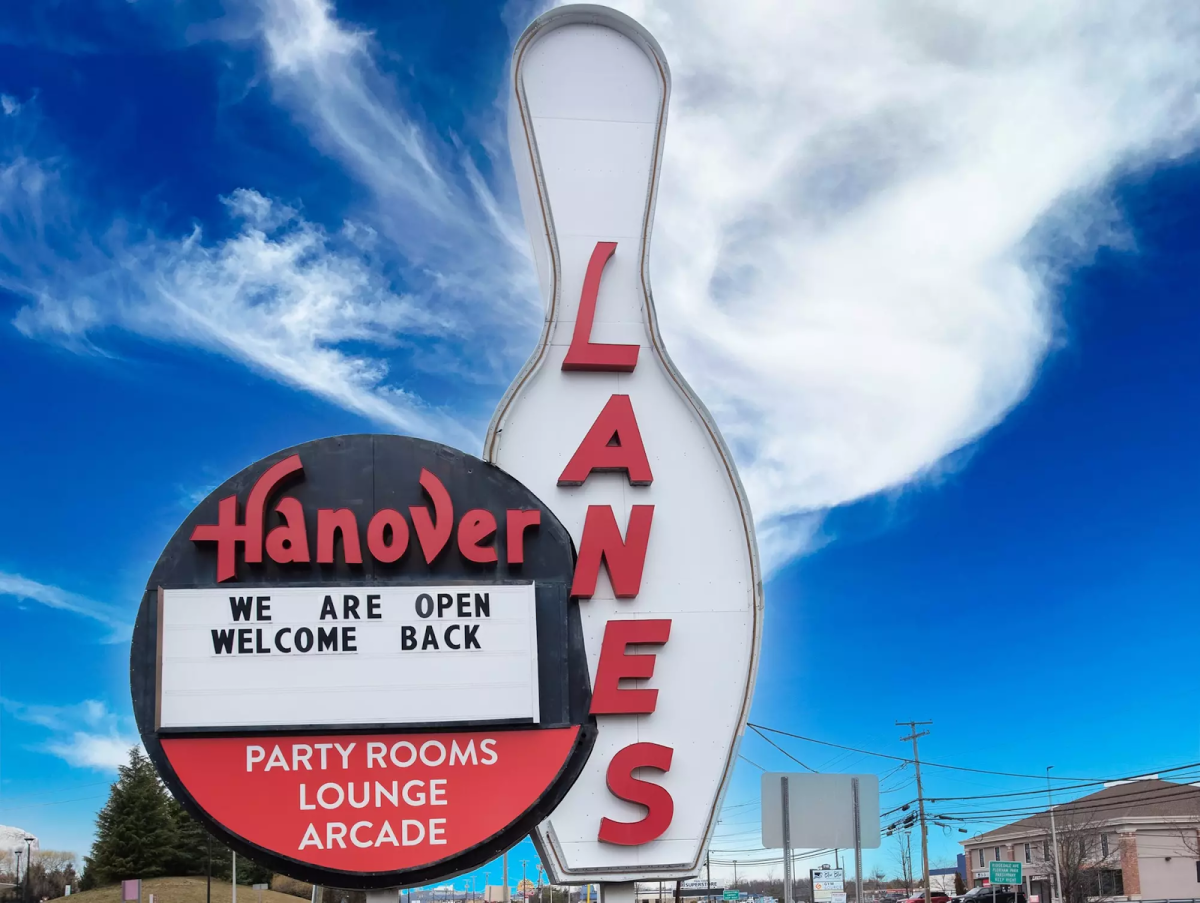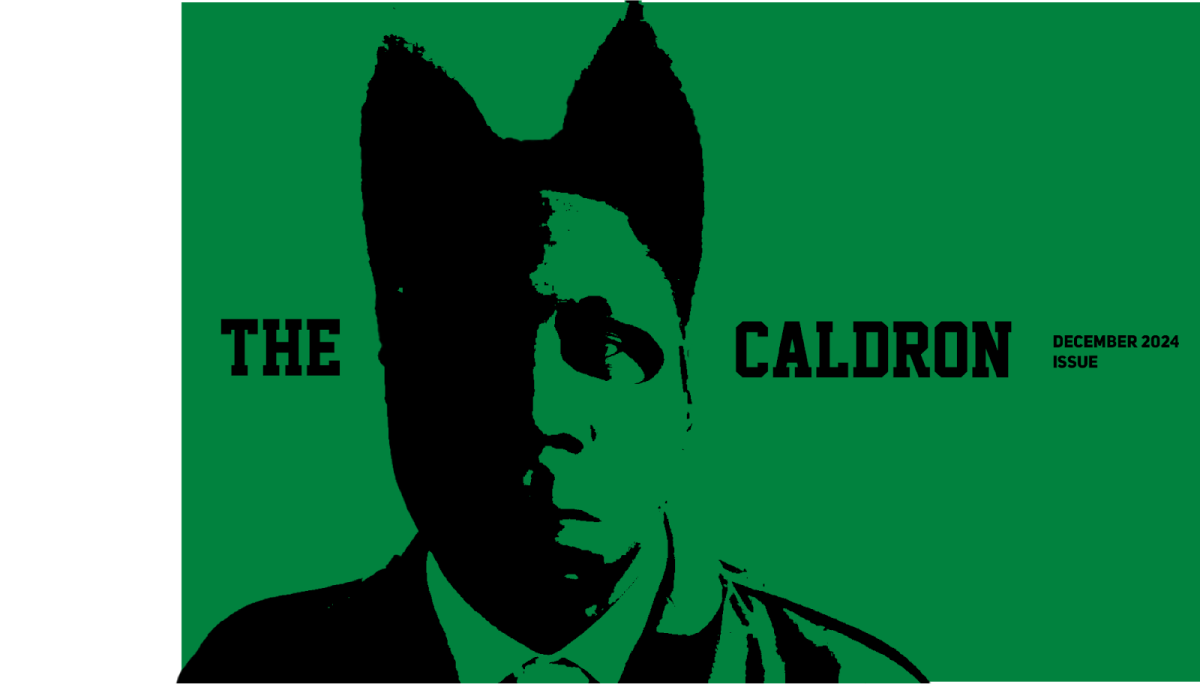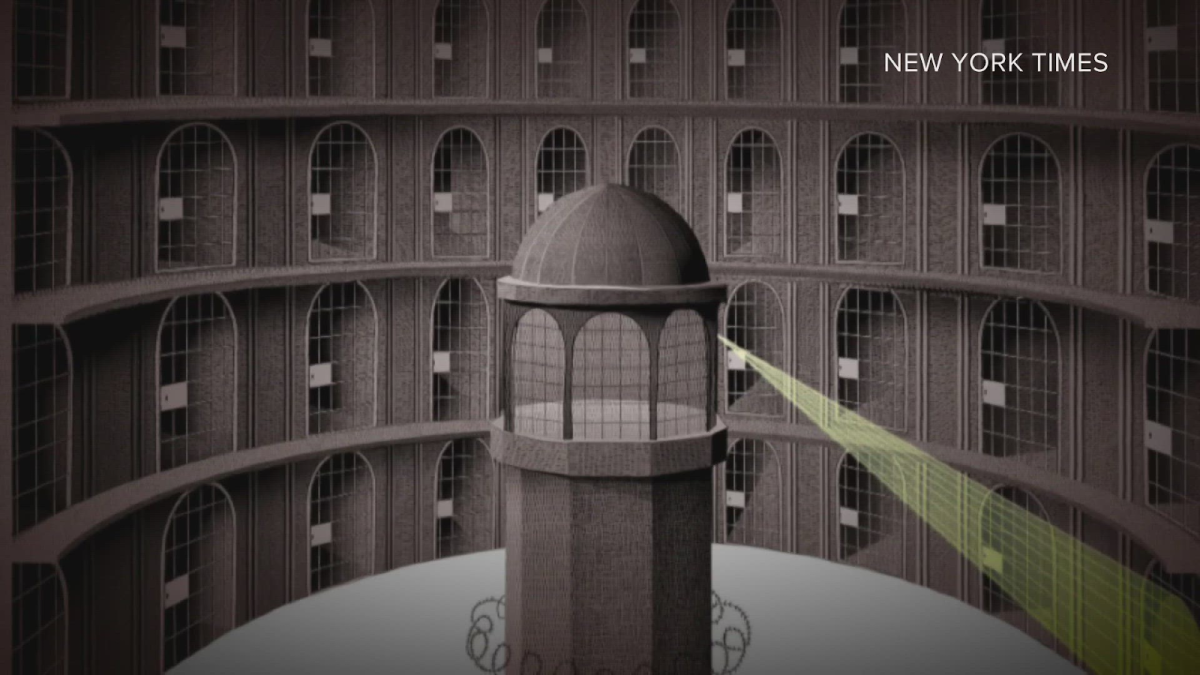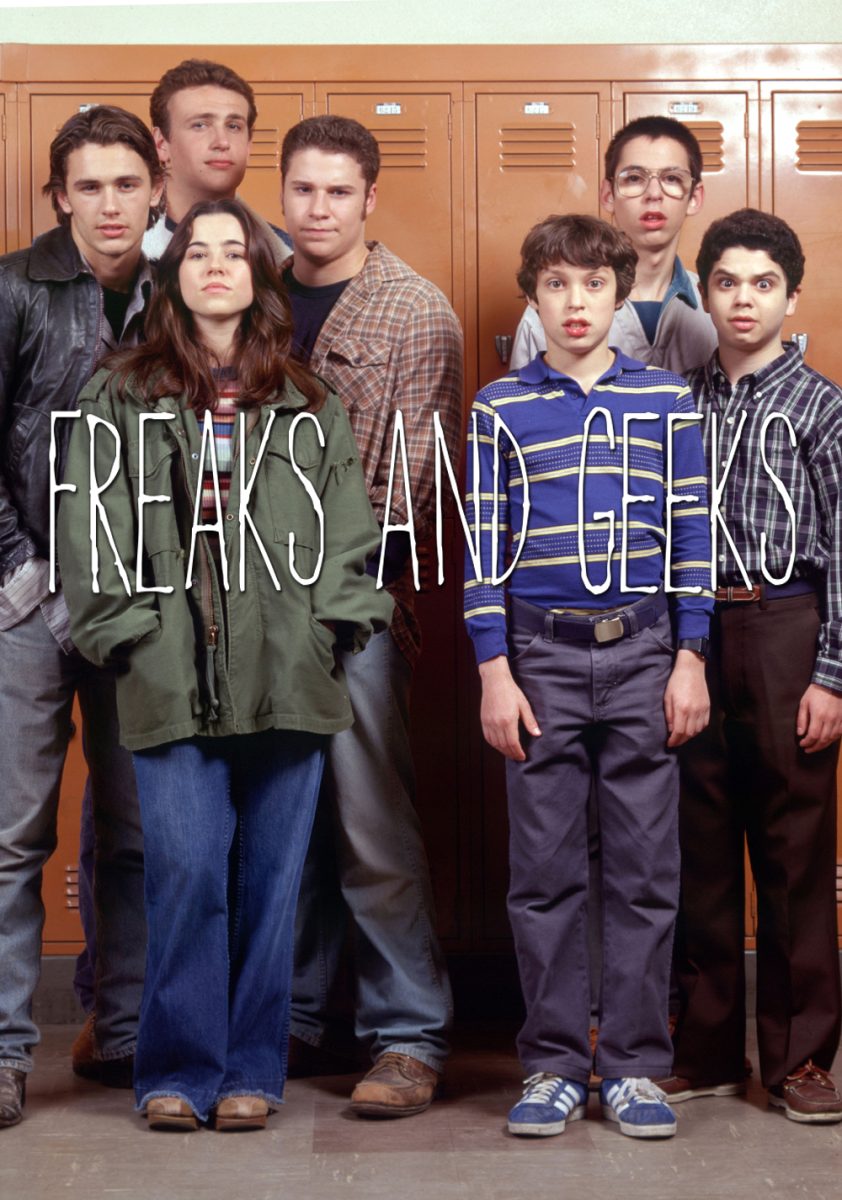“Do you wake up in the morning and need help to lift your head?
Do you read obituaries and feel jealous of the dead?
It’s like living on a cliffside, not knowing when you’ll dive.
Do you know, do you know what it’s like to die alive?
When a world that once had color fades to white and grey and black,
when tomorrow terrifies you, but you’ll die if you look back.”
-Tom Kitt, Next to Normal
Nutcase. Cuckoo. Lunatic. Madman. Psycho. Screwball. Throughout the course of human history, those suffering with mental illness have been maligned, stigmatized, and discriminated against. In early American history, those suffering from mental illnesses were often forced into prisons or hospitals that were unregulated. These persons suffered widespread abuse and did not receive any form of mental health care which worsened their condition. The history of mental illness in the United States can be traced to early social reformers and leading psychologists’ scientific work. Dorothea Dix, a social reformer, created the first generation of insane asylums in the United States in the mid-19th century, starting a move in the right direction towards rehabilitation as opposed to punishment and cruelty. Sigmund Freud’s psychoanalytical breakthroughs brought mental health to the forefront of discussion in many academic circles. By the end of the 19th century, there seemed to be slow, but tangible progress for the mentally ill. However, deinstitutionalization beginning in the 20th century and continuing into today has had a negative effect on the mentally ill, who often lack the means to pay for proper psychiatry. Despite advances in medicine and therapy, mental illness continues to be a largely misunderstood phenomena of human society.
By definition, mental illness is a psychological or behavioral pattern or anomaly that causes suffering or disability in an individual that is not socially or developmentally “normal.” A major factor in the widespread stigmatization of mental illness is ignorance. The figures regarding people’s perceptions of mental illness are startling. The CDC has reported that 57% of non-suffering adults believed that people are caring and sympathetic towards those with mental illnesses, compared to 25% of adults actually suffering from mental disorders. In a National Institute of Mental Health study, experts found that 31% of bipolar disorder sufferers did not initially seek treatment due to fear of being ostracized. Many people hear the term “mental illness” and immediately dismiss the sufferer as being “crazy”, despite them having a legitimate impairment (like arthritis or multiple sclerosis) that prevents them from functioning in everyday life. The stigma attached to mental illness reflects America’s lack of education regarding defects of the human psyche. In the CDC report, 89% of mental health experts and 78% of mental health patients agree that treatment can lead a person to living healthy, productive lives, while 67% of employers say that mental health records are a detriment to a person’s resumé regardless if they are being treated or not. It is this type of attitude that needs to cease if those suffering from such disorders are to be given an equal opportunity at success.
It is a common reaction of the American people to react callously towards people they cannot understand. More than likely, the reader of this article interacts with a sufferer on a daily basis. The advocacy organization Time to Change has reported that 1 in 10 people under the age of 18 have a mental disorder and that currently 22.8% of the American adult population suffer from some form of mental disorder or illness, with clinical depression having the highest rate of frequency. Without divulging too much personal detail, I have been in contact with a decent amount of people in my life who are suffering mental illness. They are more than just a “nutcase” or “lunatic.” They are human beings with stories, scars, baggage, and ailments just like every one else. Because they happen to suffer from something that is beyond their control is not a justification for the continued marginalization of them across the sociopolitical landscape of our nation.
In New Jersey alone, numerous mental hospitals have been exposed for abuses of mental patients including not being properly fed, physical beatings from caretakers, and being administered incorrect medication. A person who suffers from mental illness are seven times more likely to be victims of violence than “healthy” individuals according to the CDC report. However, the opposite side of the spectrum is also not a healthy panacea for the mental health crisis in our nation. Those who are “beyond integration” should be placed in environments where they are properly cared for and tended to. Such individuals are in need of a long-term hospital bed. Yet, these are the sufferers who most often end up incarcerated or placed out on the streets where they cannot properly help themselves. We, as a nation, are imprisoning people because of legitimate impairment. And for what reason? It is cheaper and many politicians base their policies on a misguided ideology of “civil rights” that is not supported by data. Some politicians argue (including New Jersey’s own Chris Christie) that forcing the mentally ill into group homes is stripping them of civil liberties. However, this is simply not reflected in the disproportionate amount of mentally ill people who are in prison or homeless.
I genuinely believe that there is a place for the vast majority of mentally ill in society. From personal experiences to testimonies from those working in the mental health field, psychiatric treatments utilizing combinations of medicine and psychotherapy have proven time and time again to provide smooth transition back into functioning normally in life, even in some extreme cases. It is society that is standing in the way of these individuals achieving their full potential. For a person to be stripped of their basic right of pursuing happiness (whether that encompasses financial independence, owning property, etc.) due to an impairment that is beyond their control is a travesty. I was taught growing up that any individual could achieve success regardless of the “hand they were dealt.” Statistics prove that, in the present American state, this is clearly not the case. The solution to treating and integrating the mentally ill is not clear, but it starts with us, “the people”: educate yourselves. Open your minds. Do not dismiss something that you could not possibly understand. The myth that the mentally ill cannot properly function in our society has been debunked thoroughly. It is time for this plague of ignorance, marginalization, and apathy to end.



























